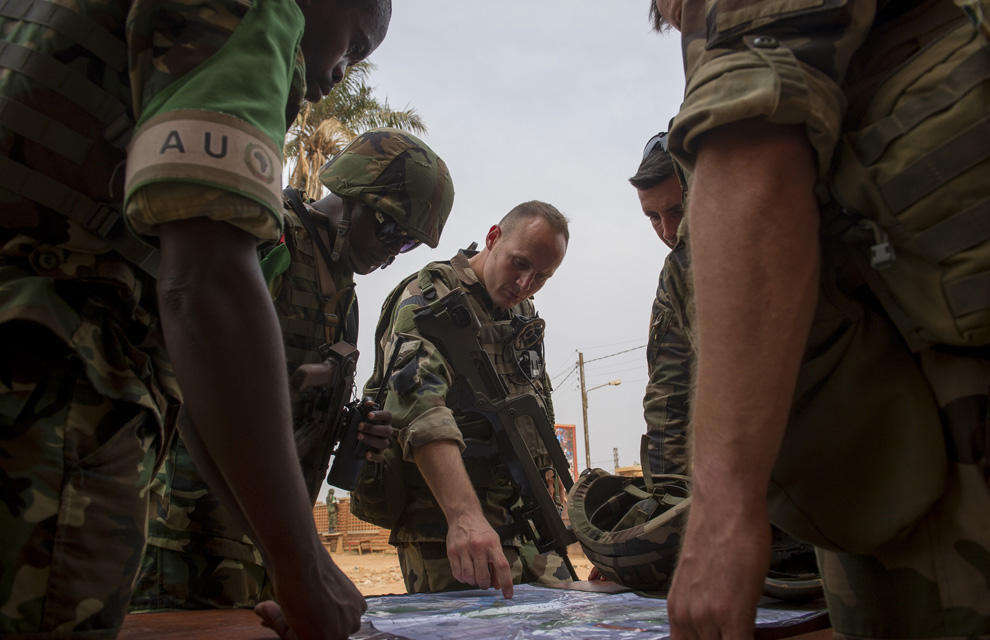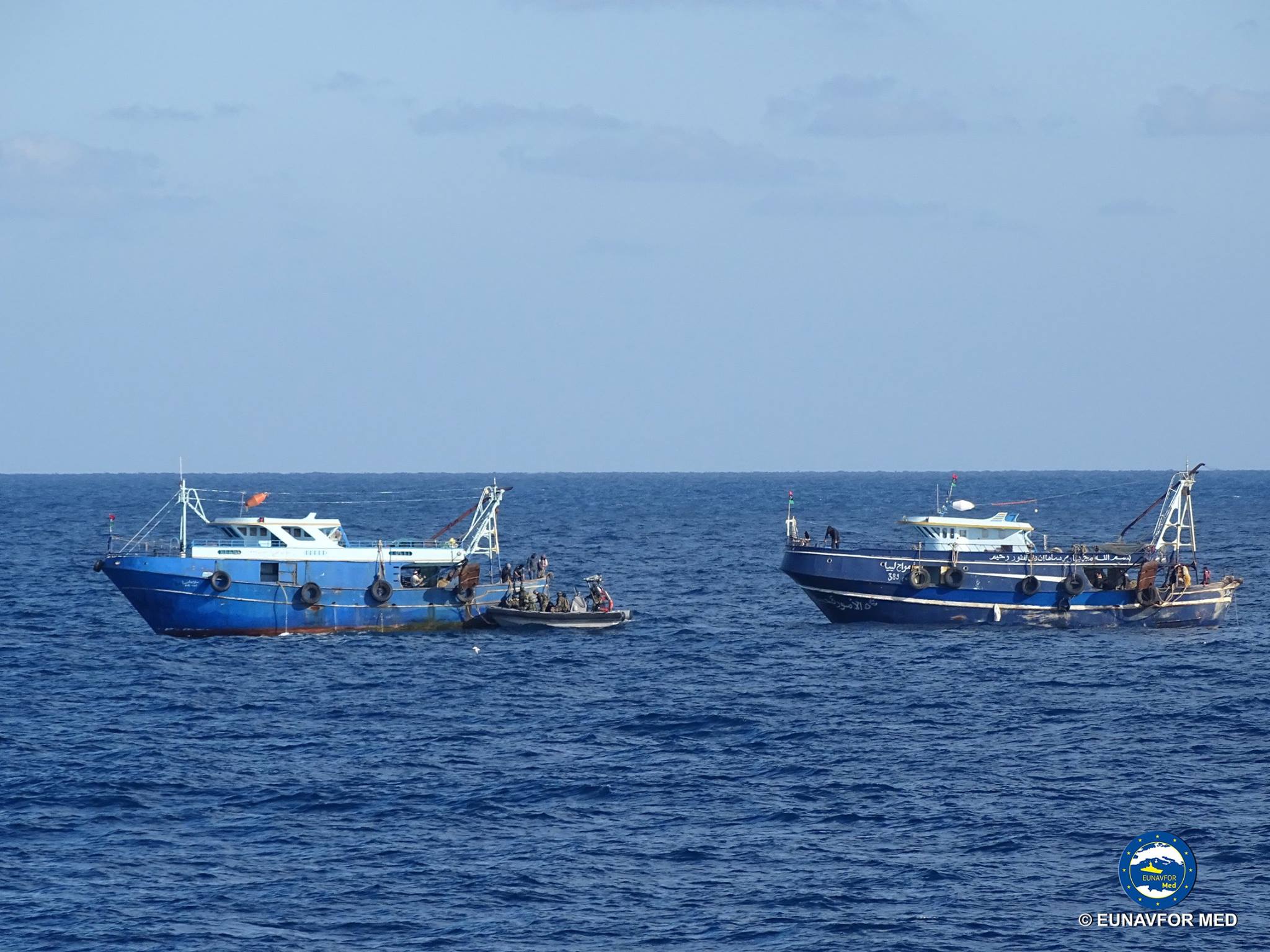Who will take part in the EUFOR Bangui operation? (Continued) Voluntary countries. We are waiting for the commander!

(BRUXELLES2 - exclusive) According to a latest assessment made by B2, after the meeting of ministers, we can count (reasonably) about fifteen countries which will participate, more or less directly, in the new military operation EUFOR RCA Bangui.
Fifteen participating countries?
Three countries have officially (or quasi-officially) confirmed their participation: France, Greece (HQ), Estonia.
A dozen others have indicated, directly (or indirectly), as B2 has been able to confirm, the desire to contribute to the operation: Latvia, Lithuania, Portugal (logistics), Finland, Poland, Romania, Slovakia, Sweden and Germany (logistics and HQ).
Two countries have not indicated anything without excluding participation: Belgium, Czech Republic.
A few countries have indicated their wish not to participate: Bulgaria, Croatia, Ireland, Netherlands, United Kingdom, Slovenia.
The detail is here: Who will participate in the EUFOR RCA Bangui mission? The dot (SHIFT6)
Doing as well as Estonia: a challenge?
The problem is that there are very few concrete proposals. Few countries have yet indicated exactly how many people they could send and for what purpose. And there are still two or three big unknowns: the Poles, the Czechs, the Belgians in particular. If these countries make up their mind and send a contingent that would be at least the size of the Estonians, the generation of forces could be done fairly quickly. If they do not decide, other major contributions will have to be found, which could delay the operation accordingly. And that would send the wrong signal to Central Africans and the rest of the world about the state of European armies.
We are waiting for the commander
In fact, it's a bit of a chicken and egg story. Everyone is waiting to know a little more about the operation, to have the details. But for that you need an operation commander. What must be decided in the hours (or rather the days to come). Now that the Greek OHQ has been designated as being that of the operation, France will have to make a choice: either to have the command of the force on the spot (the FHQ), which would be quite logical; or have command of the operation, which would not really be logical or usual. In general, the same country does not combine the two commands. Having both - as some French officials seem to want - and as François Hollande had indicated in December - would not only be contrary to European customs. It would also be largely counterproductive and contrary to the policy followed so far, which aims to Europeanise the operation and make all the other States responsible for the Central African problem. Paris must therefore decide, and quickly!
A certain unanimity
The policy of raising awareness among other partners has indeed borne fruit. At the last Council of Foreign Ministers, all the participants, on the one hand, hailed the major role played by France, thanking the French army (like the African armies) for their early intervention and, on the other hand, recognized the need to intervene given the seriousness of the facts on the ground and the risk of regional destabilization. The words of Laurent Fabius, on leaving the Foreign Affairs Council, expressing his satisfaction are therefore not superfluous. The specter of genocide and possible collective responsibility certainly hung over the meeting. Such unanimity, a few months ago, still seemed unlikely. It testifies to a certain awareness of Europeans both of the threats hanging over the Rep. Central African Republic but also of their responsibilities.
Awareness?
When we remember all the dithering that marked the dispatch to Mali of a few hundred soldiers, to carry out a simple training mission - in a context that was "clearer" than the Central African Republic (there were the "good guys" - the government of Bamako - and the "bad guys" - the rebels), where the population was not at all hostile to the European soldiers and where the security risk was not zero but certainly less intense than in the CAR today —, we measure all the way covered by Europeans, as a whole, to say that the defense of certain European "values" cannot pass only by words and good feelings but must be translated into actions. On the scale of the European reaction in previous crises (security and civil, see the financial crisis for example), this evolution is rather rapid and should be noted. Now it remains to transform the test and do it quickly. Because the massacres will not wait...


